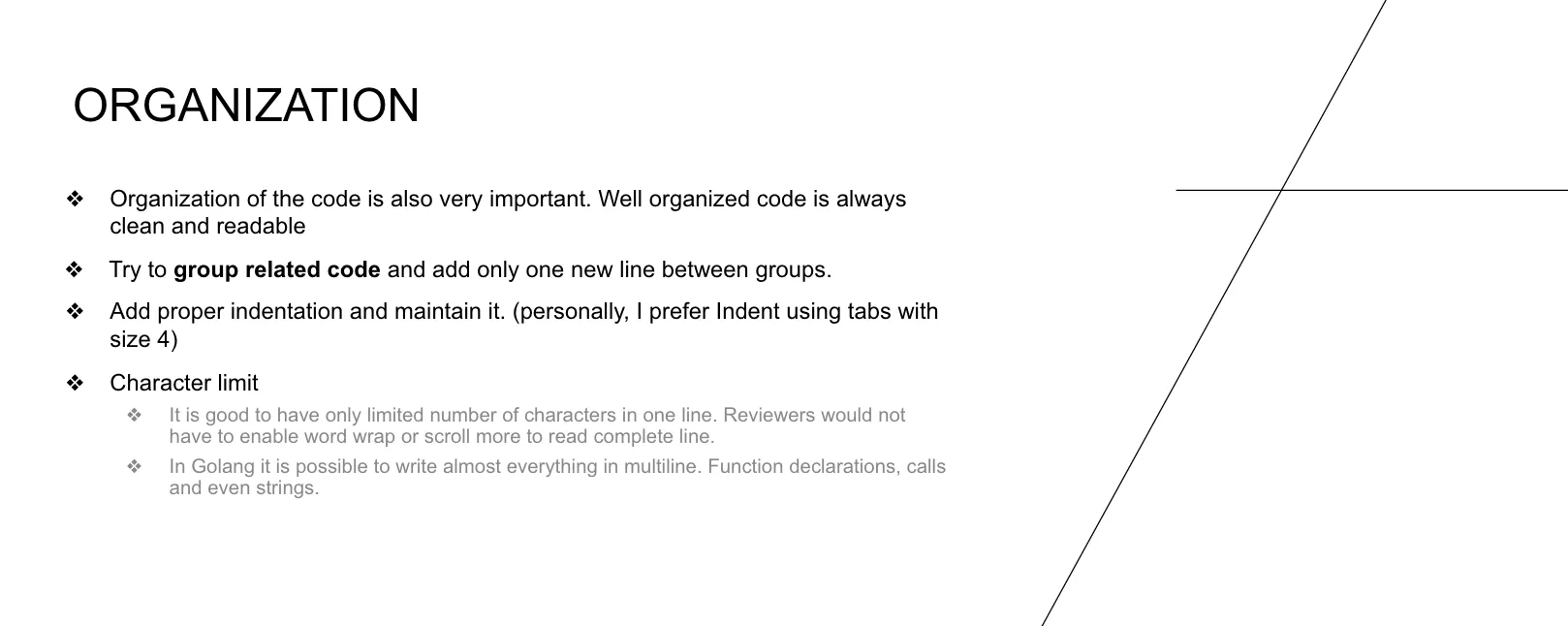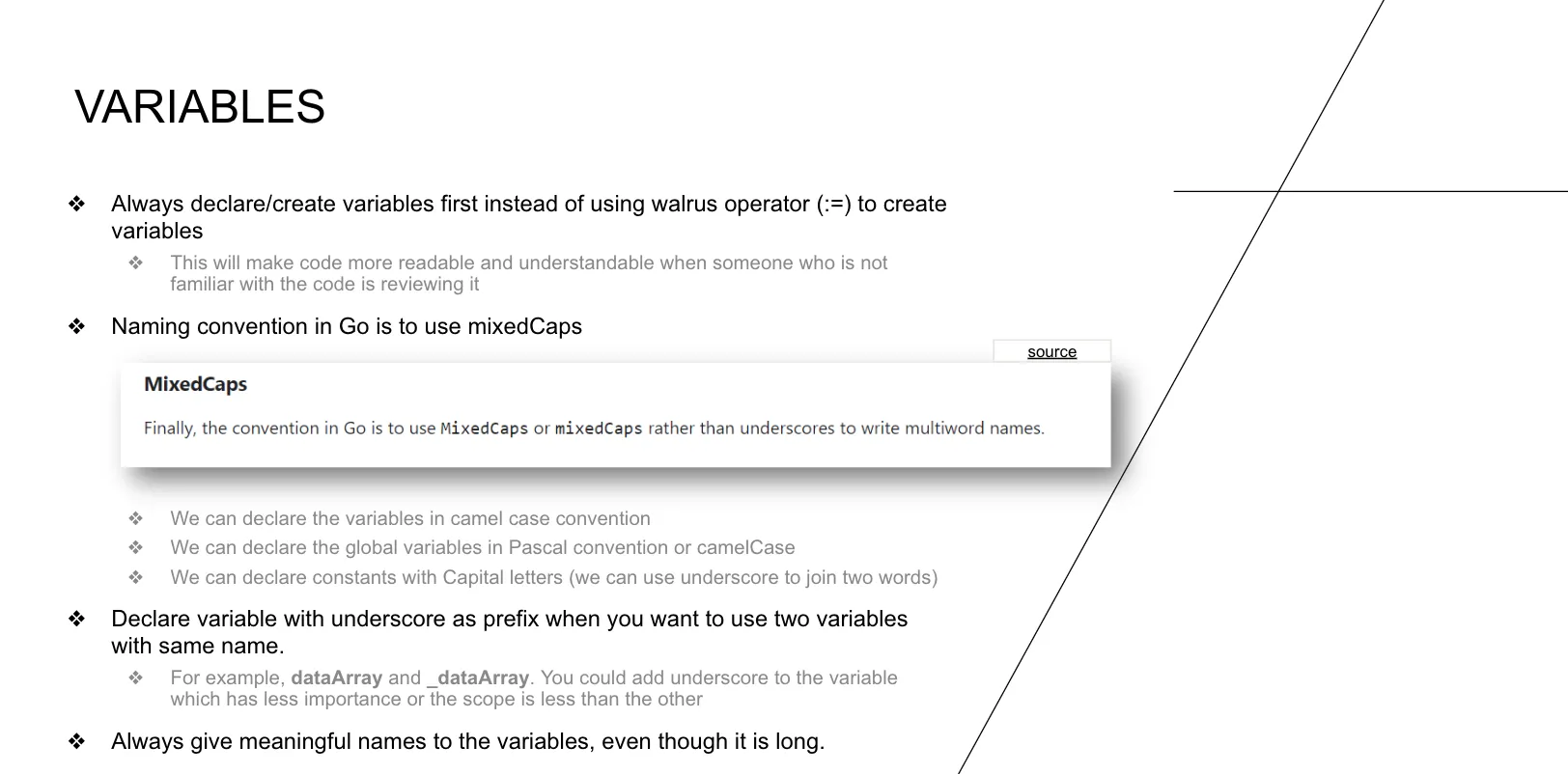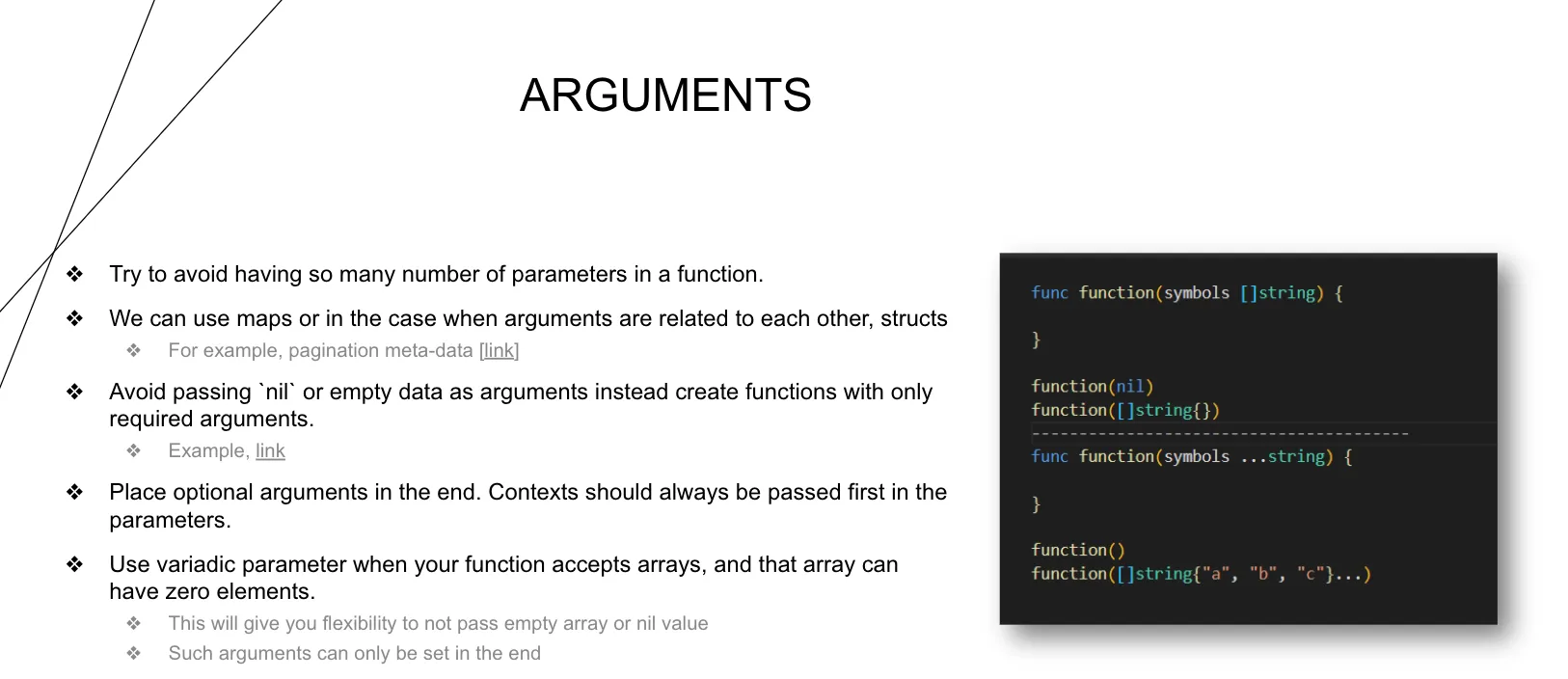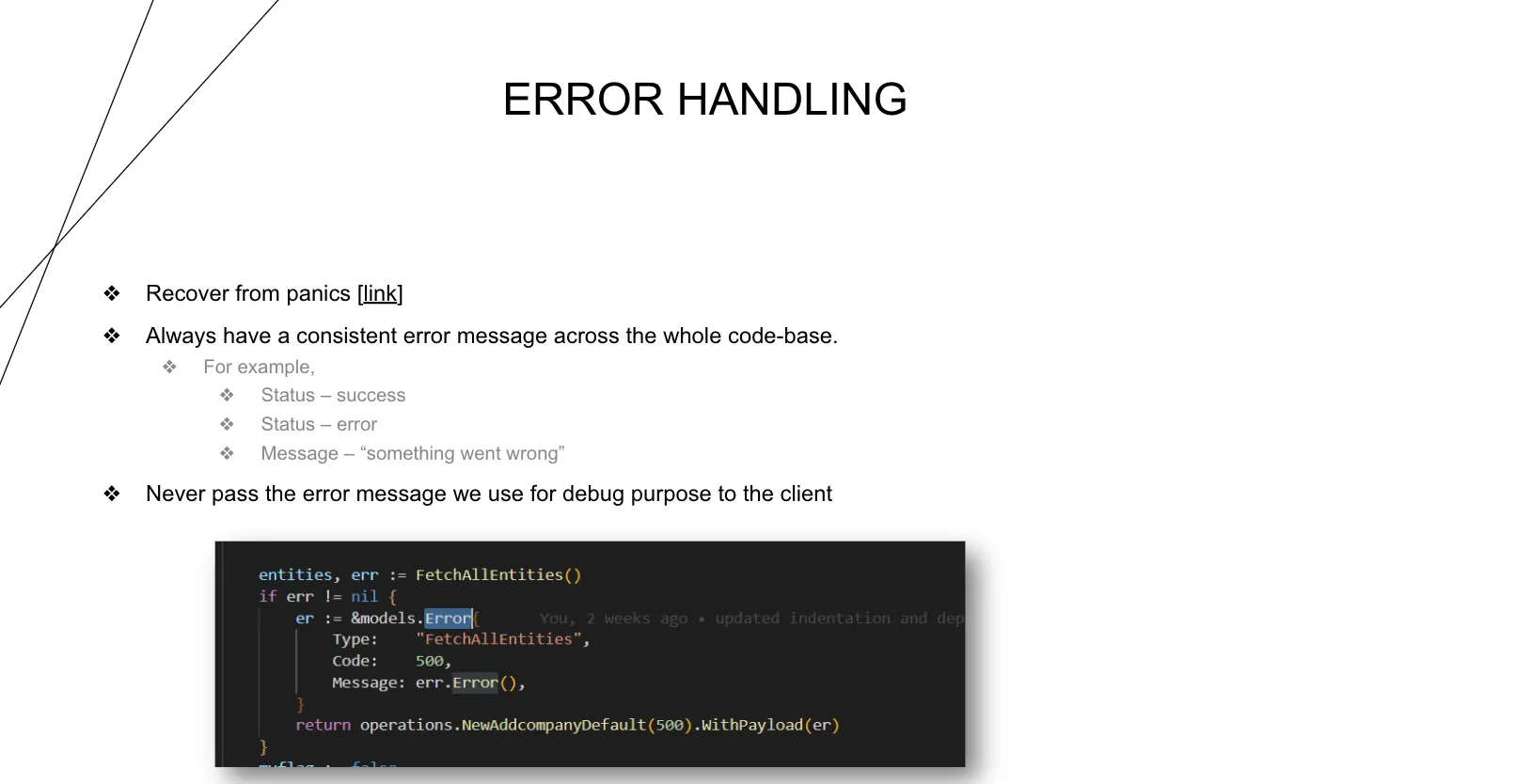The Go programming language promises simplicity, high performance, and scalability. As the demand for Go developers increases, you must differentiate yourself and become an elite Golang developer.
This insight article unravels the skills and insider secrets to propel your Golang coding journey.
Brief History of the Go Programming Language
Go programming language, also known as Golang, was developed at Google in 2007 as an open-source language by Rob Pike, Robert Griesemer, and Ken Thompson. It has gained popularity among developers due to its simplicity, fast compilation time, and high performance. It is also reputed for its clean and accessible syntax.
A Stack Overflow survey ranked Go as the most loved language for 62.7% of developers and the 14th most used language among developers. Go’s popularity is also evident in prominent tech giants like Uber, Dropbox, and Netflix.
The Importance of Writing Efficient and Effective Code in Go
Writing efficient and effective code is crucial for building high-performance applications in Go. It can help reduce development time and costs, increase productivity, and improve code quality.
Furthermore, writing maintainable and scalable code is essential as applications grow to cater to more users
Critical Skills Required to Become an Elite Golang Developer
The following skills can immensely help your Golang adventure:
Strong Understanding Of The Go Programming Language
A deep understanding of the Go programming language includes a thorough knowledge of the language’s syntax, semantics, and data structures. A firm grasp of the language’s concurrency primitives, such as goroutines and channels, is also critical.
Familiarity With Common Design Patterns
Design patterns are reusable solutions to common programming problems. Familiarity with common design patterns can help developers write more maintainable and scalable code. Some design patterns commonly used in Go include the Factory, Singleton, and Decorator patterns.
Knowledge Of Go’s Standard Library
Go’s standard library provides a rich set of functions and packages to write efficient and effective code. It’s critical to understand the standard library and its various nuances. This includes knowledge of packages such as “fmt“, “io“, “net“, and “http“.
Experience With Testing Frameworks
Writing tests is an integral part of software development. It helps developers detect bugs early and ensure code workability. You must amass experience with testing frameworks such as “testing” and “goconvey”. It would be best if you also understood how to write effective unit tests, integration tests, and end-to-end tests.
Familiarity With Version Control Systems
Version control systems like Git are essential for managing codebases and collaborating with other developers. You should be familiar with version control systems and their workflows. You should know how to create and merge branches, resolve merge conflicts, and use Git’s command-line interface.
Understanding Of Performance Optimization Techniques
Go is known for its performance and efficiency. As a Golang developer, you must understand performance optimization techniques such as profiling, benchmarking, and memory management. Also, gain working proficiency with tools such as “pprof” and “gcvis” to analyze and optimize your code’s performance.
Write Idiomatic Code
Writing idiomatic code means writing code that adheres to the conventions and best practices of the Go programming language. You must write idiomatic code that is easy to read and understand. This includes using proper naming conventions, avoiding global variables, and using pointers appropriately.
Experience With Cloud Technologies
Cloud technologies like Google Cloud Platform are gaining unprecedented prominence in software development. To become an elite Golang developer, you should have experience with cloud technologies and related ecosystems. This includes knowledge of cloud-specific tools and services, such as Kubernetes and Docker, and cloud-native programming paradigms, such as microservices and serverless architectures.
Does your organization deal with cloud DevOps? D3V is a Google-certified DevOps partner specializing in GCP implementation and migration. Reach out to us for a free cloud consultation.
Best Practices For Writing Maintainable And Scalable Code In Go
Writing maintainable and scalable code is essential for any programming project. Here are some best practices for writing maintainable and scalable code in Go:
Organize Code with Packages
Packages help organize Go code into logical units. Packages make your code more readable and understandable, especially while working on large projects.

Define the Behavior of Types Using Interfaces
Interfaces define the behavior of types in Go. By using interfaces, you can write more flexible and reusable code. You can also use interfaces to define common functionality between different types – making your code more modular.
Encapsulate Data with Structs
By using structs, you can group related data, which makes it easier to manage and maintain. Structs also help define methods which can encapsulate behavior.
Declare Variables Before Use
It is best to declare variables before use in Go. This makes the code more readable and understandable. Additionally, it helps avoid any confusion around the variable scope.

Use MixedCaps Naming Convention
This makes it easier to read and understand the code. You should avoid using underscores in variable names.
Organize Code in Logical Order
Organizing code logically can help make it more maintainable and scalable. Declare types (structs and data types) first followed by consts, global variables, main functions, and helper functions.
Practice Proper Indentation and Formatting
Proper indentation and formatting make the code more readable and understandable. You should use tabs with size 4 for indentation. Additionally, limit the number of characters in one line and write almost everything in a multiline.
Optimize Code for Performance
Code optimization can reduce the number of instructions executed during runtime, making code more scalable. You can optimize code by avoiding using many parameters in functions, using maps or structs for related arguments, and using variadic parameters when a function accepts arrays.

Consistent Error Handling
Consistent error handling is essential for maintainable and scalable code. You should have a consistent error message across the code base and avoid passing debug error messages to the client.

Make Use of Helpful Tools and Extensions
Using helpful tools and extensions can make coding easier and more efficient. Some valuable extensions for Go programming include Code Spell Checker, GitLens, Go Language Server, Rainbow Brackets, REST Client, TODO Highlight, and Snippet extensions.
Tools And Resources To Help Improve Go Code Quality And Performance
There are many tools and resources available that can help improve the quality and performance of Go code. Here are some examples
GoLint and Go Vet
These tools check for errors and potential issues in the Go code. GoLint checks for style mistakes, while Go Vet checks for code correctness and common mistakes.
GoDoc
GoDoc is a tool that generates documentation for Go code. It automatically creates documentation for a Go program’s functions, variables, and other components.
GoFmt
GoFmt automatically formats Go code according to a specified standard. Use GoFmt to ensure consistent formatting of all code.
GoProfiler
GoProfiler identifies performance bottlenecks in the Go code. It can analyze a program’s CPU and memory usage and provide recommendations for improving performance.
GoTest
GoTest writes and runs automated tests for Go code. It can help ensure that code changes refrain from introducing new bugs or regressions.
GoConvey
GoConvey is a testing framework with a more user-friendly interface for writing and running tests. It creates test suites, runs tests in parallel, and generates HTML reports.
GoLand
GoLand is an IDE designed explicitly for Go development. It includes code completion, refactoring tools, and debugging capabilities that can help improve code quality and productivity.
Wrapping Up
Mastering the Go programming language requires dedication and understanding of its unique features and best practices. Embracing idiomatic code, design patterns, performance optimization techniques, and cloud technologies can help you become an elite Golang developer. Leveraging tools and resources like GoLint, Go Vet, GoDoc, and GoLand can enhance code quality and performance. By adhering to best practices for writing maintainable and scalable code, you can build robust applications that cater to a growing user base. Invest in your Golang skills and experience to set yourself apart in the rapidly expanding landscape of Go development.
D3V helps customers leverage the power of Google Cloud to drive innovation, improve efficiency, and achieve their business goals. Schedule a free consultation to understand further how to optimize your Go code and build cost-effective cloud solutions on Google Cloud.
